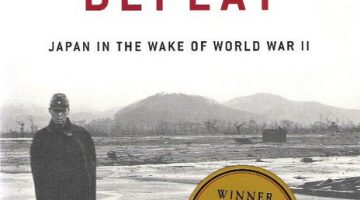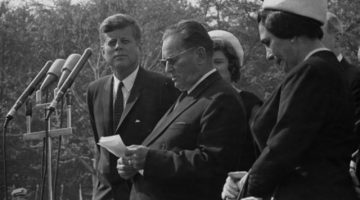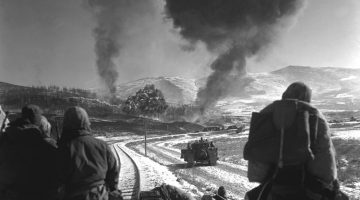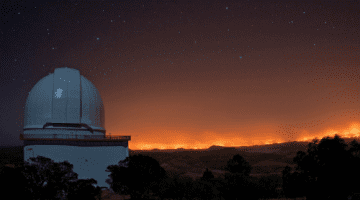
What might a future national monument to the Iraq war look like? This month marks 10 years since that conflict began on March 20, 2003. From a decade on, we can only begin to see how future historians and future generations will interpret the war and what questions they will ask. For now, Americans seem inclined to put it behind them.







